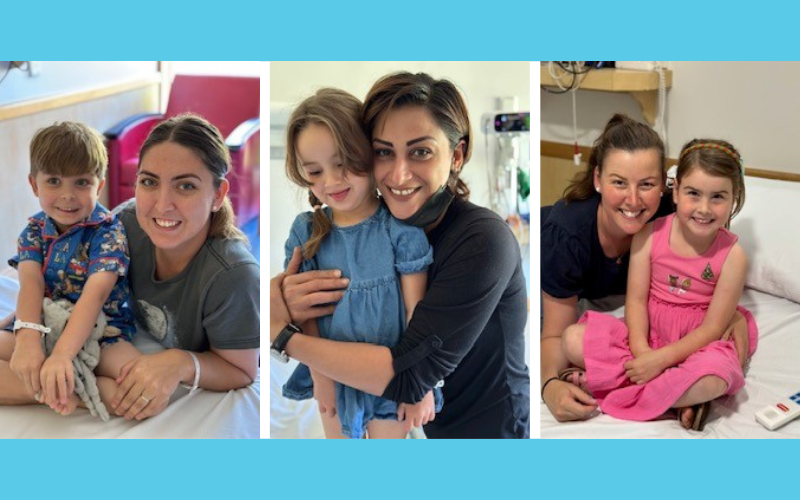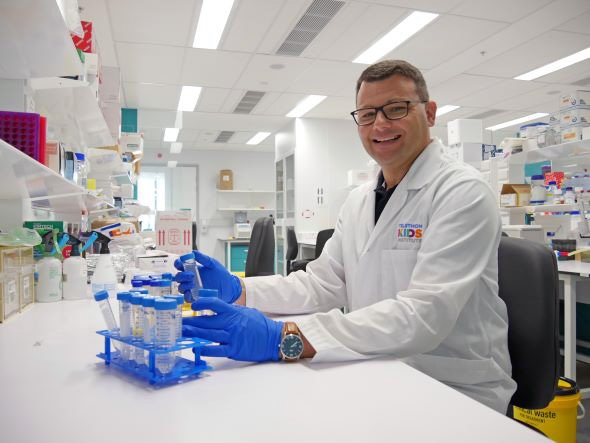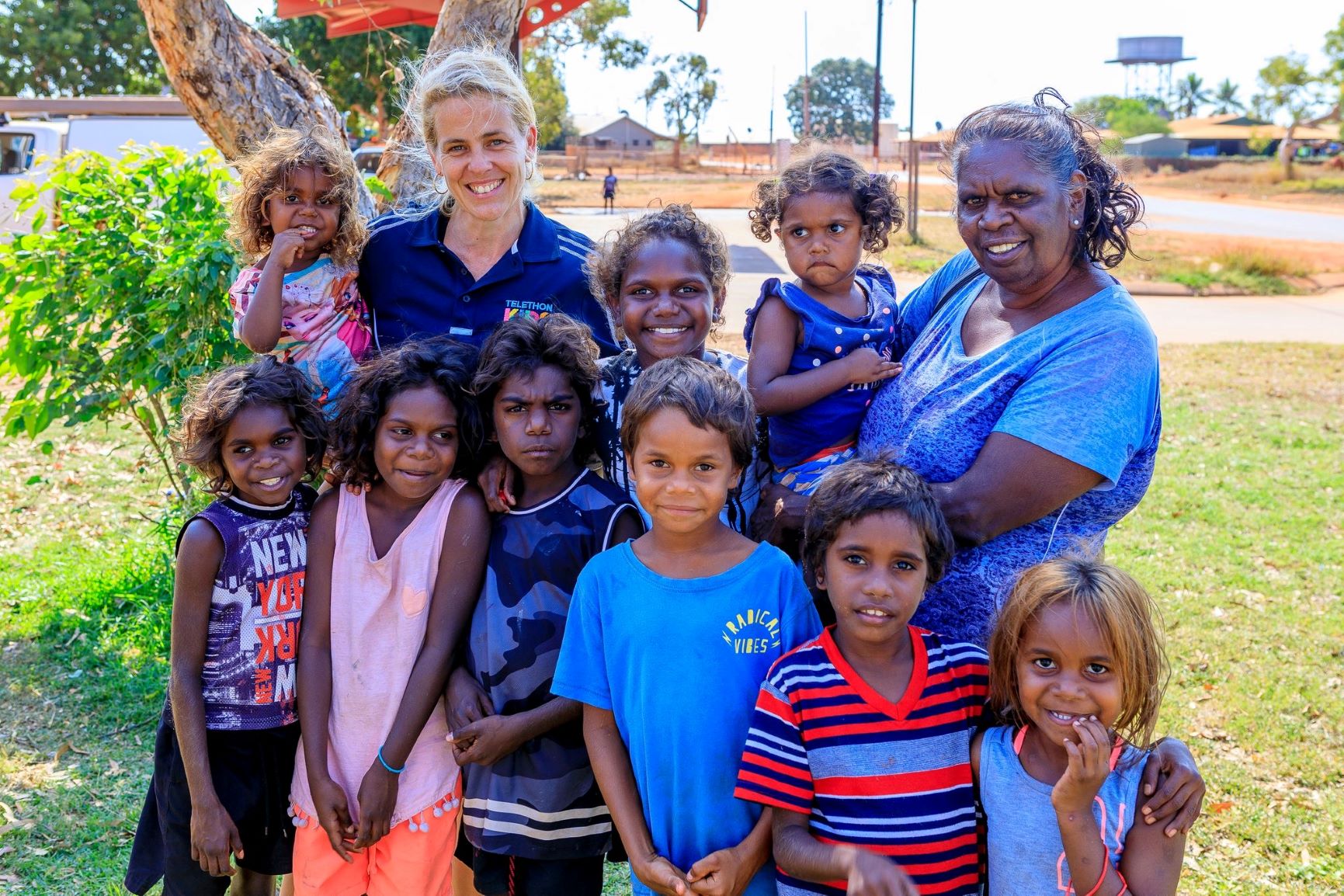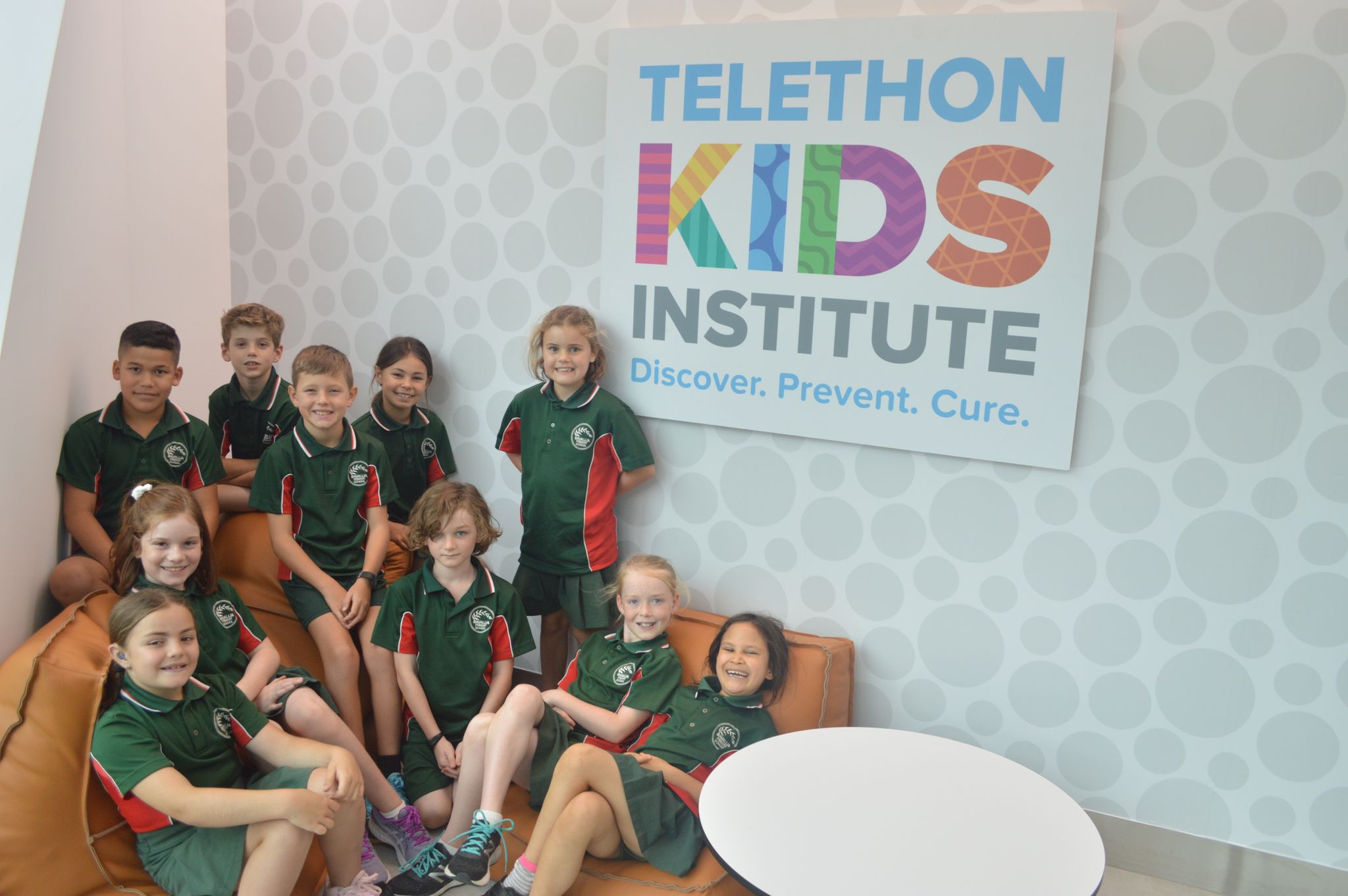Search

News & Events
300th participant recruited to crucial respiratory research programA research program, which enables over 25 important respiratory research studies to be undertaken, celebrated the recruitment of its 300th participant on 14 December 2022.

News & Events
New study to find COVID-fighting properties in existing medications thanks to national grantNearly 50 existing prescription medications already used by Australians will be tested by new research in the fight against COVID’s mutant variants.

News & Events
Aarti's The Kids lab tourDr Aarti is a real-life scientist who spends her days in the lab studying the bacteria that cause sore throats and itchy skin.
With backgrounds spanning the globe, members of our team have come together to support the vital work of The Kids Research Institute Australia, to ensure we impact kids everywhere.
Parents may be concerned that social media is teaching their children that they’re not good enough because of the impossible standards which are set.

In 2014, Wesfarmers committed $5 million over 4 years to The Kids' research to set up the Wesfarmers Centre of Vaccines and Infectious Diseases.
Two major groups that provide valuable connections to our donor community.

Have you ever wondered how your lungs work? Researchers from our Children’s Lung Health Team show you how to make a simple lung model by using common household items.

Respiratory illness accounts for 12% of the age-standardised gap in mortality between Indigenous and non-Indigenous Australians.

News & Events
School excursions at The Kids Research Institute AustraliaHey teachers and educators - the The Kids Discovery Centre schools pilot program is returning in 2021!
